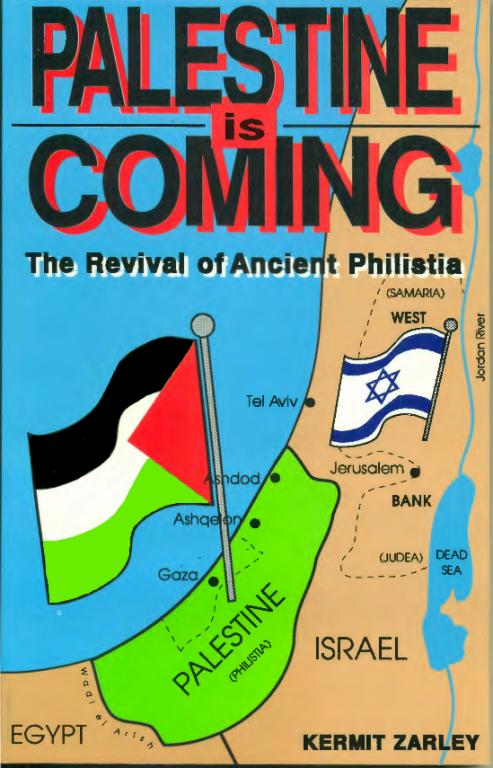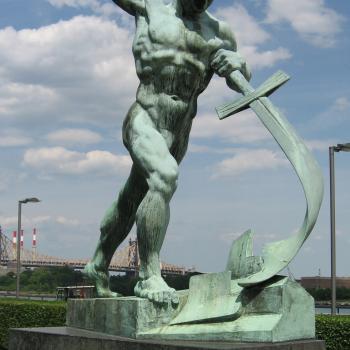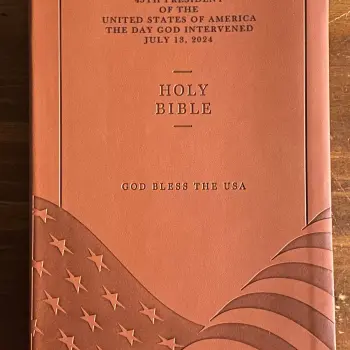 Until this year, Israel has only had diplomatic relations with two countries in the Middle East and North Africa: it’s two immediate neighbors, Egypt and Jordan. But weeks ago, the United Arab Emirates and Bahrain normalized relations with Israel. Nevertheless, all other Arab countries still refuse relations with the State of Israel, which therefore includes its immediate northern neighbor Lebanon.
Until this year, Israel has only had diplomatic relations with two countries in the Middle East and North Africa: it’s two immediate neighbors, Egypt and Jordan. But weeks ago, the United Arab Emirates and Bahrain normalized relations with Israel. Nevertheless, all other Arab countries still refuse relations with the State of Israel, which therefore includes its immediate northern neighbor Lebanon.
But this week, Israel and Lebanon, which actually have remained in a state of war since 1982, announced that they will hold talks for the first time in decades that do not concern security. They will do so under the auspices of the United Nations with the U.S. as a facilitator. These talks will concern only one subject: the huge natural gas deposits, and perhaps oil deposits, buried thousands of feet under the Mediterranean Sea bed as territory claimed by both countries, which amounts to 330 square miles. This plot of seabed is in accordance with an adjusted international maritime boundary for coastal nations that stretches 200 miles out to sea. However, due to the location of the island of Cyprus, the 200-mile stipulation is somewhat reduced due to this territory necessarily being shared.
For about two decades now, Israel’s undersea territory has been explored somewhat, but Lebanon’s not so much. Thus, Israel has ongoing, undersea drilling operations that has made it not only energy self-sufficient (something Israel never dreamed it would ever achieve until natural gas was discovered offshore), but Israel actually sells natural gas to other nations. It has brought in an increasing income of many billions of dollars, and this source of income will only increase for many, many years into the future. Lebanon could realize a like source of badly-needed income.
This subject is of interest to me because of my book, Palestine Is Coming: The Revival of Ancient Philistia (1990). In it, I interpret ten Old Testament prophecies indicating Palestinians eventually will get their own independent state. But it will be located solely on the coastal plain of the Levant, thus having a lengthy Mediterranean coastline, and not in the West Bank, which I also interpret from scripture will be accessed by the State of Israel. The result will be two states lying truly side-by-side, very much like it was 3,000 years ago between Israel and Philistia. (Palestinians derive their name from the ancient Philistines, who lived in the nation of Philistia.)
I therefore believe Palestinians should abandon their long-time proposal of a Palestinian state in the two separated territories of the West Bank and Gaza Strip and focus on establishing their state in a very expanded Gaza Strip as a revival of ancient Philistia. If this came to fruition, the State of Palestine could have a coastline perhaps as long as Israel’s, with both being about 80 miles long. Then the State of Palestine could do what Israel, Cyprus, and now (perhaps) Lebanon will realize–a significant wealth derived from natural gas and perhaps oil deposits buried deep offshore in the Mediterranean Sea. To learn about this, with maps, see my website (kermitzarley.com) at The Israeli-Palestinian Conflict.












